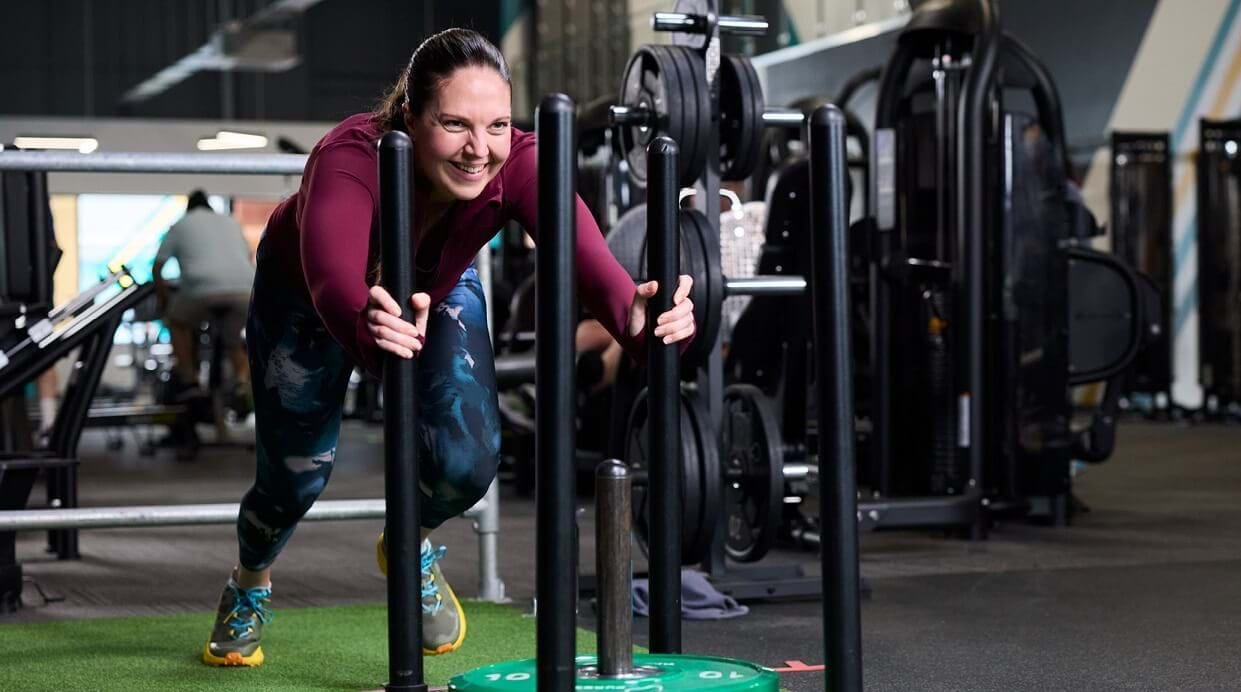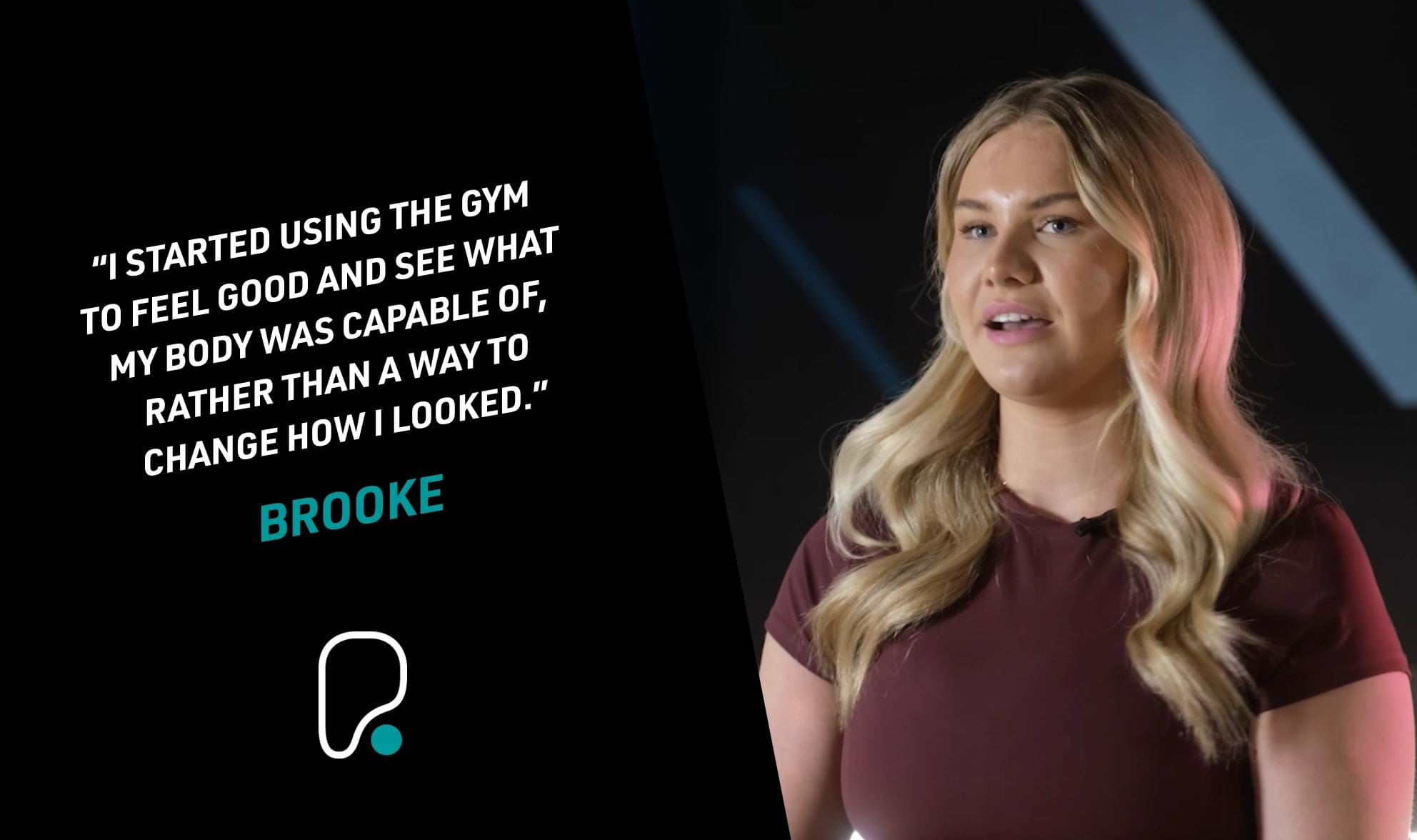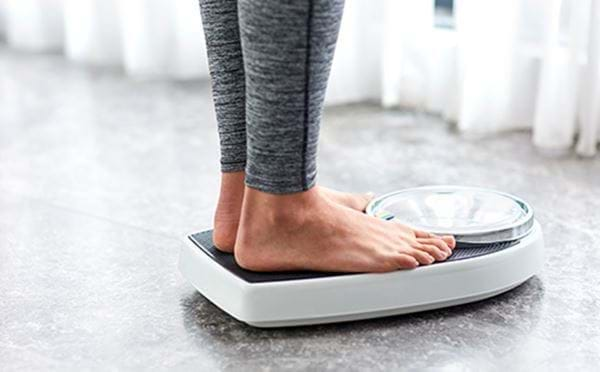PUREGYM BLOG
We understand that for many of our members, exercise plays a huge part of your physical and mental wellbeing. And we believe that taking care of that right now has never been more important. To better support you as we get back to the gym, we will be updating our blog regularly to provide you with workout ideas (for the gym and home), wellbeing and nutrition content.

THE UK FITNESS REPORT – 2024/25 GYM STATISTICS
We're continuing to build on what we started back in 2022 and are taking another comprehensive look into how the nation feels about health and fitn...
Read MoreLatest Posts
 Hyrox Burpee Broad Jumps Guide
Hyrox Burpee Broad Jumps Guide Gym Workouts For Volleyball Players
Gym Workouts For Volleyball Players Treadmill vs Rowing Machine: Which is the Best Workout?
Treadmill vs Rowing Machine: Which is the Best Workout? Strength Training for Women Over 40
Strength Training for Women Over 40 No-Equipment Strength and Resistance Exercises
No-Equipment Strength and Resistance Exercises Hyrox Sled Push Guide
Hyrox Sled Push Guide Chilli Prawn Linguine Recipe
Chilli Prawn Linguine Recipe  The World’s Most Physically Demanding Theme Parks
The World’s Most Physically Demanding Theme Parks Can You Use the Treadmill While Pregnant?
Can You Use the Treadmill While Pregnant? Hyrox Wall Ball Guide: Everything You Need To Know
Hyrox Wall Ball Guide: Everything You Need To Know Cajun Beef Pasta Recipe
Cajun Beef Pasta Recipe Brooke's Story
Brooke's Story The Best Gym Workout Plan For Gaining Muscle
The Best Gym Workout Plan For Gaining Muscle The Best Gym Workout Plans for Beginners
The Best Gym Workout Plans for Beginners Calories and Weight Loss - What You Need To Know
Calories and Weight Loss - What You Need To Know One Hour Gym Workouts
One Hour Gym Workouts Improving Sports Performance
Improving Sports Performance How to Build Muscle
How to Build Muscle How to Lose Weight
How to Lose Weight Workouts by Body Part
Workouts by Body Part Exercising With Health Conditions
Exercising With Health Conditions Workouts for Women
Workouts for Women How to Tone Your Body
How to Tone Your Body Exercise Advice for Over 50s
Exercise Advice for Over 50s How to Gain Weight
How to Gain Weight